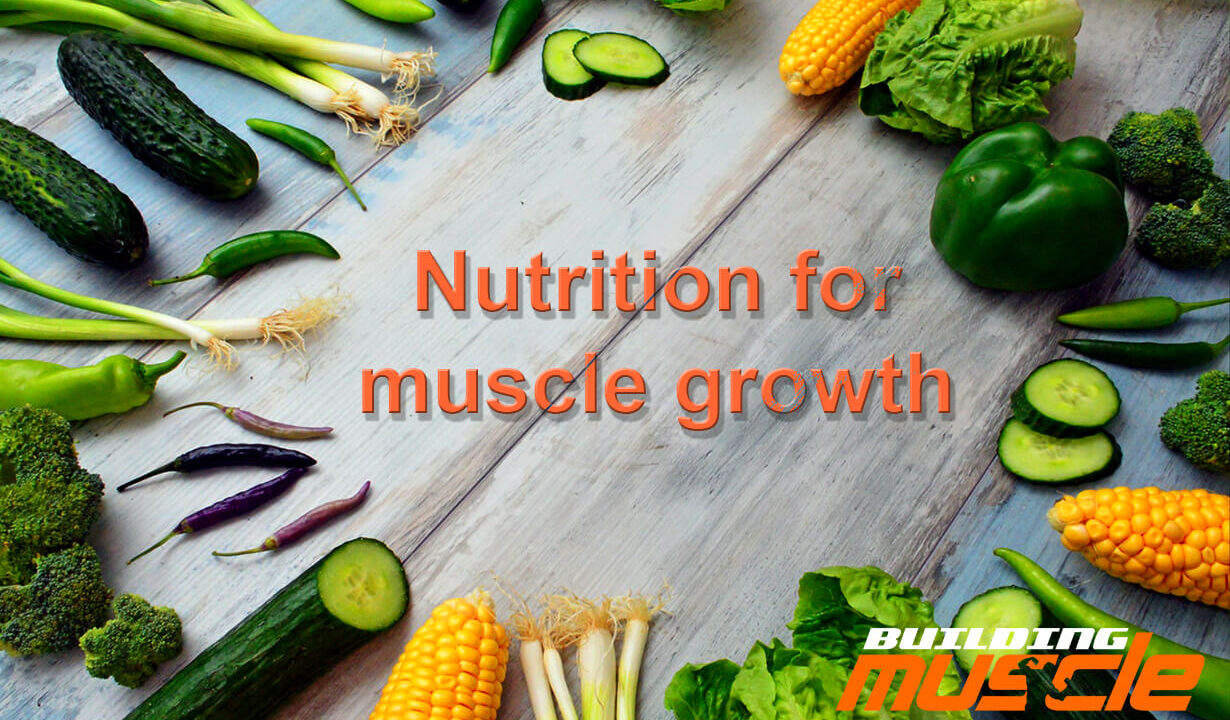
This article is about muscle growth nutrition, in other words, a crash course in proper nutrition for the athlete. With the information below, you will learn how you can get your body into a state of anabolic development or simply understand how you can make your muscles grow with nutrition!
Muscle Nutrition and its Elements
The first item on the list is protein. A protein molecule is made up of bound amino acids, when it enters the stomach this bond breaks down and the amino acids are sent to free float. The main carrier of protein is the blood. The blood carries it throughout the body, including the muscle tissue, where the free proteins form a new protein molecule, which is responsible for the formation of new muscle fibers.
It turns out that in order to form your own protein, you need to constantly replenish protein from outside. Your diet regimen for muscle growth, in order to replenish protein, should consist of foods such as: fish, legumes, chicken, beef, protein powders, low-fat dairy products. Your goal is to consume two grams of protein per kilogram of your own weight. It is not necessary to consume all the protein in one sitting, it can be divided into 5 or 6 intakes, because the diet for building muscles is not only about the products, but also about their rational and correct consumption. In addition, the human body is not able to assimilate more than 40 grams of protein at a time.
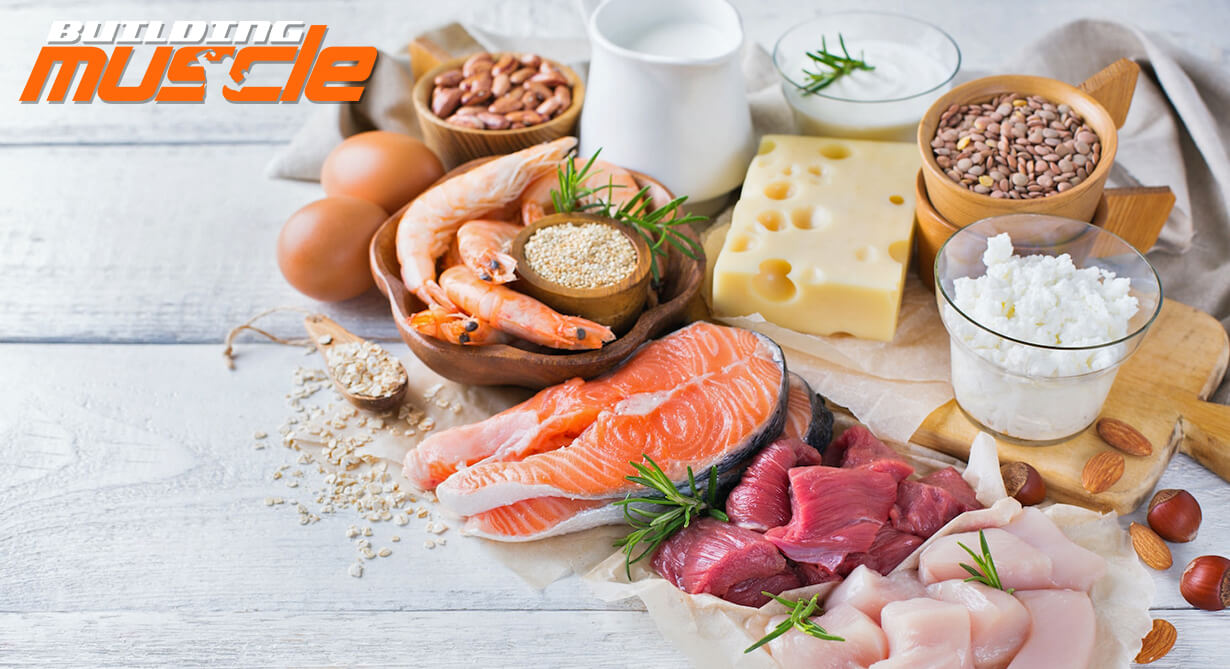
Carbohydrates are another important element. It is known that all the solar energy that can be assimilated by molecules is located directly in plant carbohydrates. So when you eat plant-based carbohydrates, you are, so to speak, storing this solar energy inside you. In fact, this energy is the “fuel” a person needs to exercise. That is why your dietary regimen for muscles should include carbohydrates, not just protein products.
The main sources of carbohydrates for our body include: fruits, cereals, vegetables, carbohydrate powders. In case the body feels the lack of carbohydrates, it replenishes it from muscle mass. This information should be another incentive to start consuming carbohydrates, because in the case of a lack of carbohydrates, any training or nutrition for muscle gain becomes virtually useless.
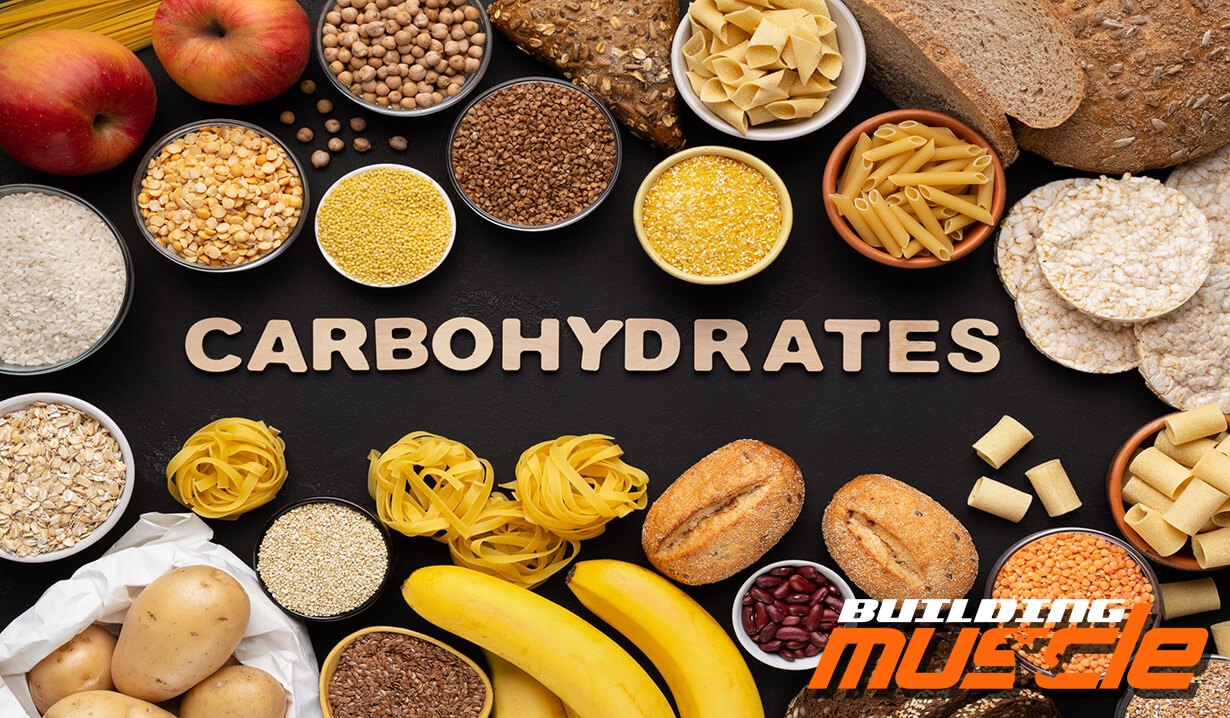
When following a nutrition regimen, it is worth remembering about calories as well. Calories are a specific type of measurement of the amount of food or a unit of measurement of strength and energy. Logically it should be so, how many calories you spend, how many you eat. But in reality, this is not quite true. A diet for muscle growth should include high-calorie foods so that you can consume significantly more calories than you spend. After all, we all know that muscle growth needs energy, and where do you get it if you don’t have excess calories in your body?
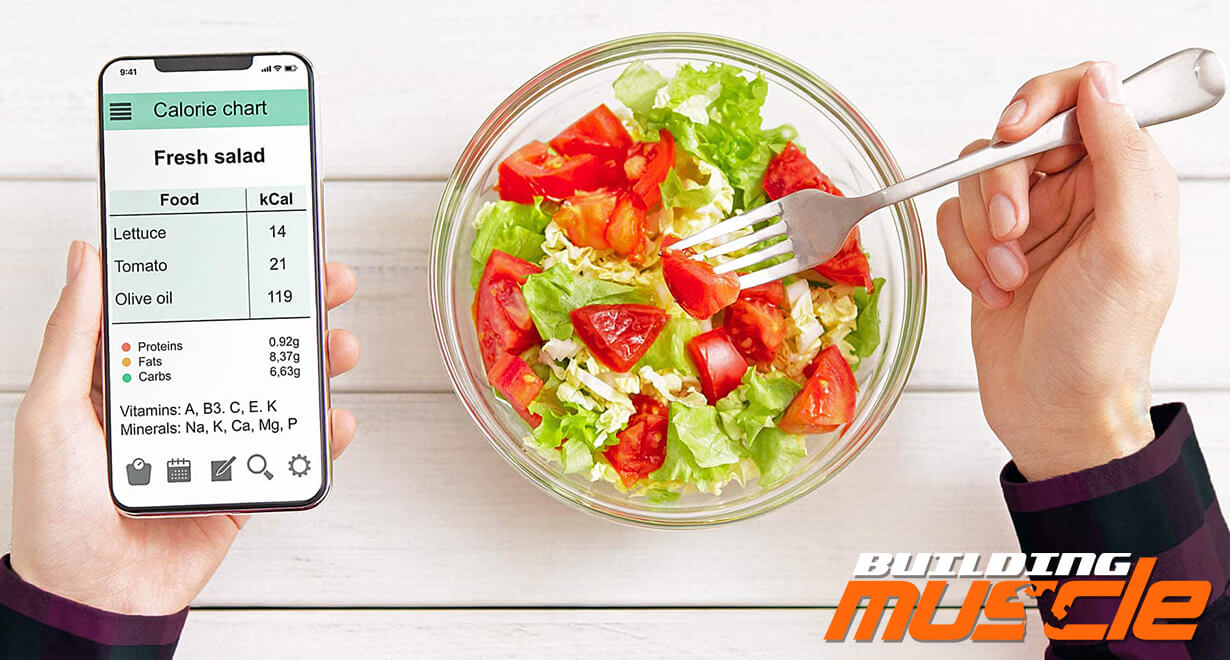
Don’t forget about fats, either. It has been proven that the synthesis, reproduction, of hormones is directly linked to the consumption of fats. Our body converts these same fats into anabolic hormones, such as the hormone testosterone. It is for this reason that eating vegetarian food leads to a decrease in libido. But it’s not all so straightforward. Foods for muscle growth should not be too fatty, because the excess fat can lead to a decrease in the synthesis of testosterone.
So we get a paradox: a lot of fat is both good and bad, and a little fat is both good and bad. The only way out of this situation is to eat an adequate amount of fats. In other words, you should eat not too much fat, and not too little. Where is the golden mean? It’s easy! According to studies, the diet for the relief of muscles and for their mass should include fats in the amount of 15% of the sum of calories. However, there are fats that should not be limited to those 15 percent, such as fish oils and omega-3 fats.
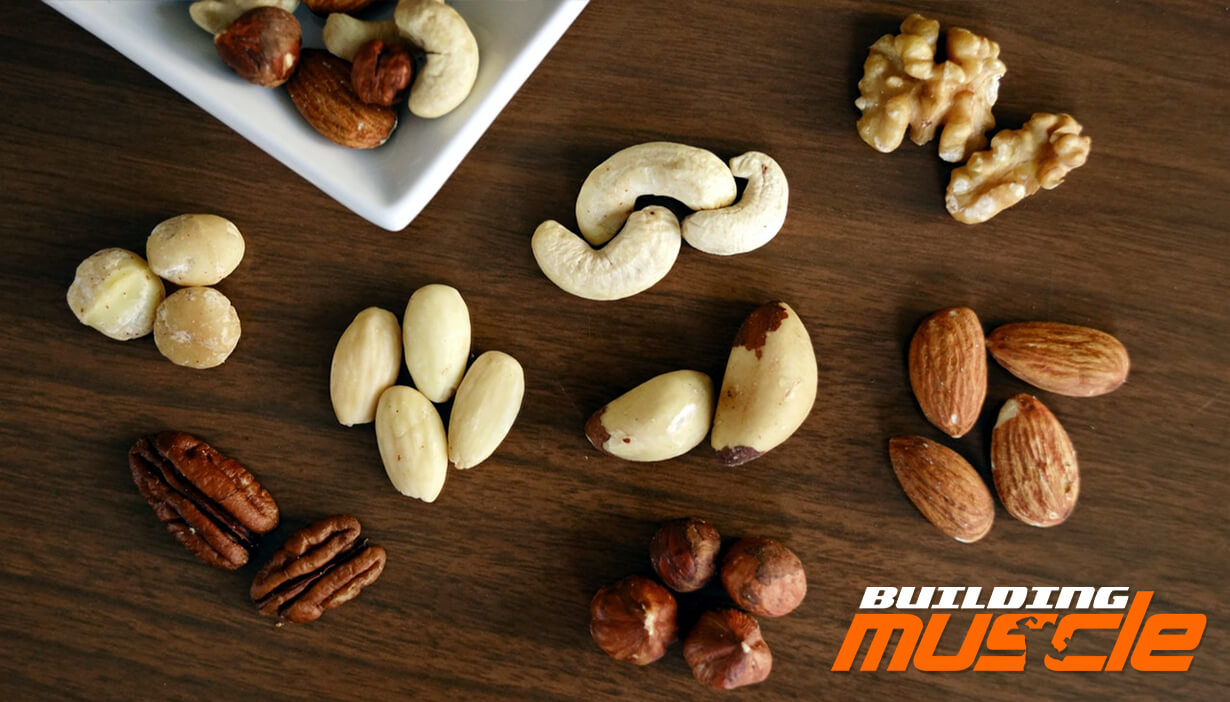
Proper nutrition for muscles and its secrets
Making the right regimen and diet is not a trivial task. It is unlikely that you will be able to build muscle mass on a diet consisting of powdered proteins and carbohydrates, artificial fats and all kinds of vitamins. In addition to it, just need to consume natural products. Only when these are available can you say that your diet is the right diet for building muscle, and not just a diet based on chemicals.
Fact: Living or simply plant foods contain compounds called phytochemicals. These substances have antioxidant properties. They are ways to strengthen the immune system, prevent and prevent disease, and neutralize harmful or pathogenic microorganisms. Simply put, they strengthen and revitalize our bodies. That’s what proper nutrition for muscle growth is, it’s not just about developing the body, it’s also about protecting it.
Any experienced bodybuilder will tell you that you can’t build a strong muscle skeleton on a diet devoid of natural products, like fresh vegetables or fruits. A proper daily muscle-building diet, if you want it to be just right, must include at least three natural vegetable or fruit products. In the spring-summer season there should be no problem with this, but in winter eat jams and rolls of natural products, no matter whether it is a vegetable or a fruit variety.
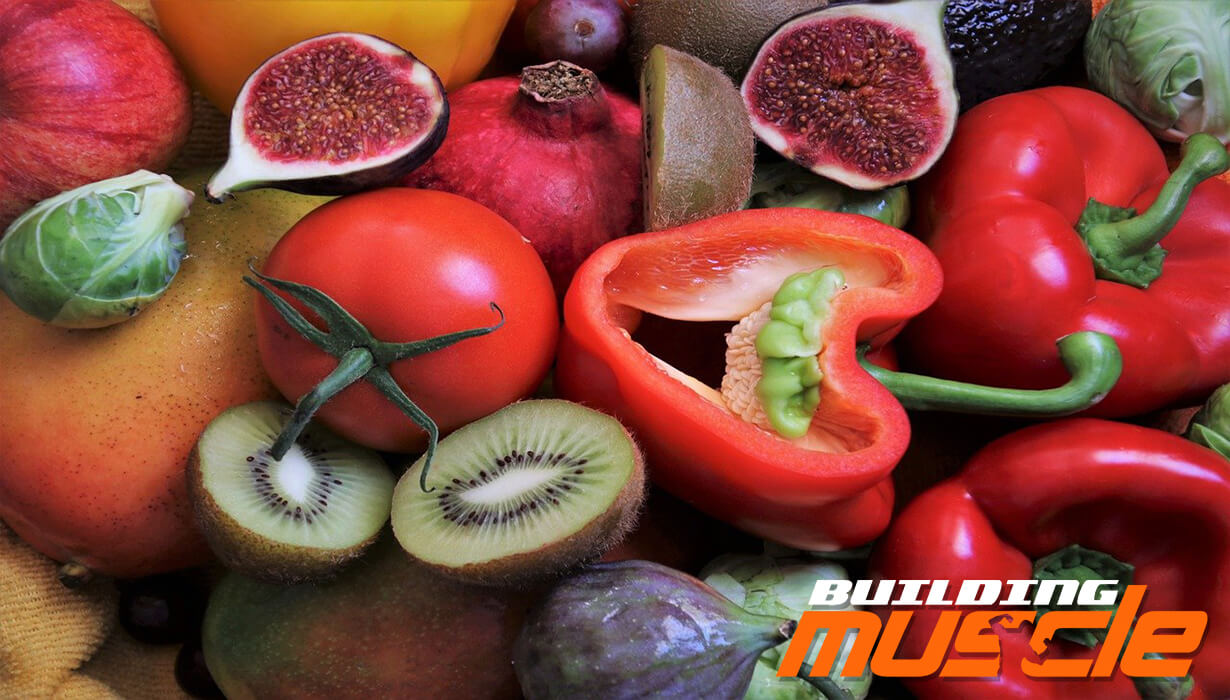
It is worth pausing, here, to return to the subject of carbohydrates and note that with food we consume two kinds of carbohydrates – fast and slow. “Fast” carbohydrates are digested almost immediately by the body, while “slow” carbohydrates, on the contrary, take a very, very long time to digest.
What is the difference between foods that contain fast carbohydrates and those that contain slow carbohydrates, and on which carbohydrates should a proper diet for muscles be based? The main difference lies in the fact that foods full of fast carbs almost always taste sweet. That is, candy, chocolate, brownies, marshmallows, etc. – are all foods that contain fast carbohydrates. In turn, potatoes, peppers, beans, etc. – are all slow-carbohydrate foods. The best choice for the athlete is foods that contain slow carbohydrates. Because “fast” carbohydrates are almost instantly digested, and in fact, they are of no use during training.

However, this is not all on the subject of carbohydrates. As we know, high-intensity training leads to increased production of cortisol, hormones, glycogen and other substances that can destroy muscle tissue. All these hormones are produced by our body as a response to stressful situations or strenuous exercise. In order to stop the synthesis of such substances, the athlete needs to replenish fast carbohydrates after training. In other words, a healthy diet for muscle growth includes not only slow carbohydrates before training, but also fast ones during or after training. As already mentioned, foods rich in fast carbohydrates are sweet foods. So make sure you eat a bagel or say a couple of candies after your workout. In fact, eating 1.5g of carbohydrates per 1 kg of your weight is optimal.
Important: Medical professionals came up with the idea of multiple meals, and it was done for a reason. The first who took advantage of frequent meals were the bodybuilders. If you regularly eat food in small amounts, your body is provided with a constant supply of substances necessary for growth. That is, the right food for muscle relief, volume and mass, is eating multiple meals, but in small portions. With this meal, your body is not lacking in amino acids or glucose, which it needs so much during periods of intense sports.
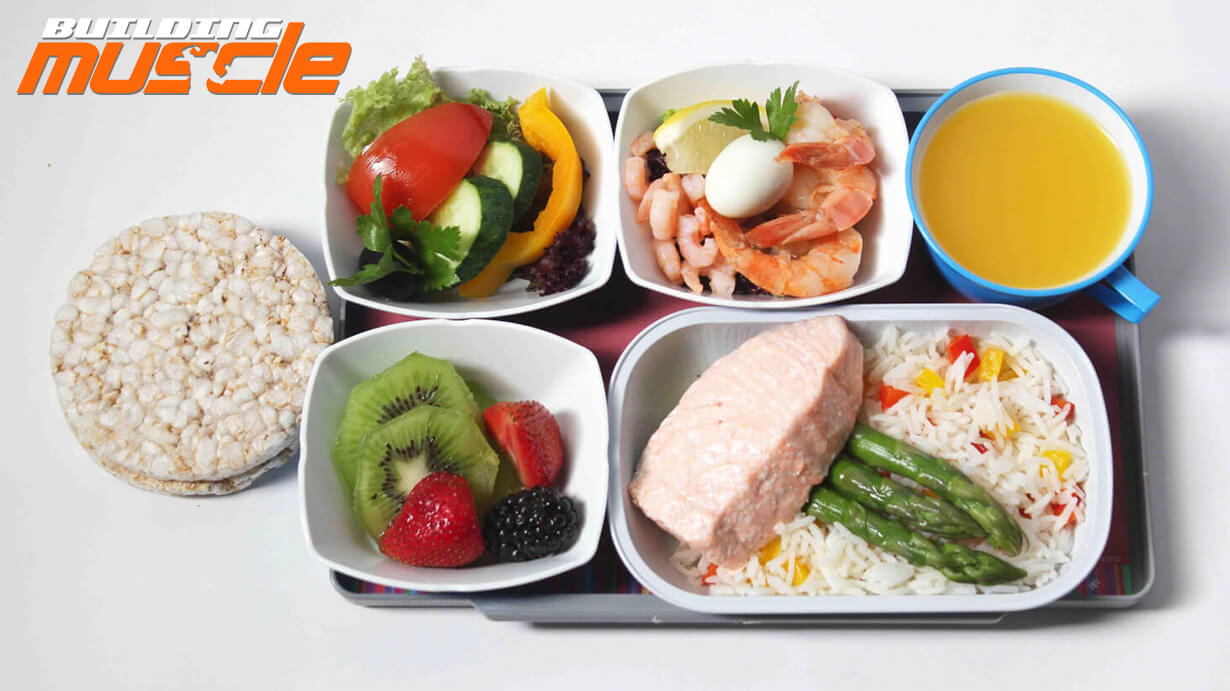
Sports nutrition for muscles and its components
During training, our body produces huge amounts of free radicals. These harmful compounds have the ability to destroy muscle tissue. In addition, scientists believe that they are responsible for the development of such diseases as skin disease and cancer. But how does an athlete’s body cope with free radicals, because their quantity in an athlete reaches the maximum permissible values? It’s simple: vitamins C and E counteract the influence of radicals. And they not only counteract, they actually destroy free radicals. Therefore, sports nutrition for muscle growth containing vitamins C and E, or vitamin complexes should be included in your diet without fail. The optimal amount would be 1,200 mg of vitamin E and the same amount of vitamin C.
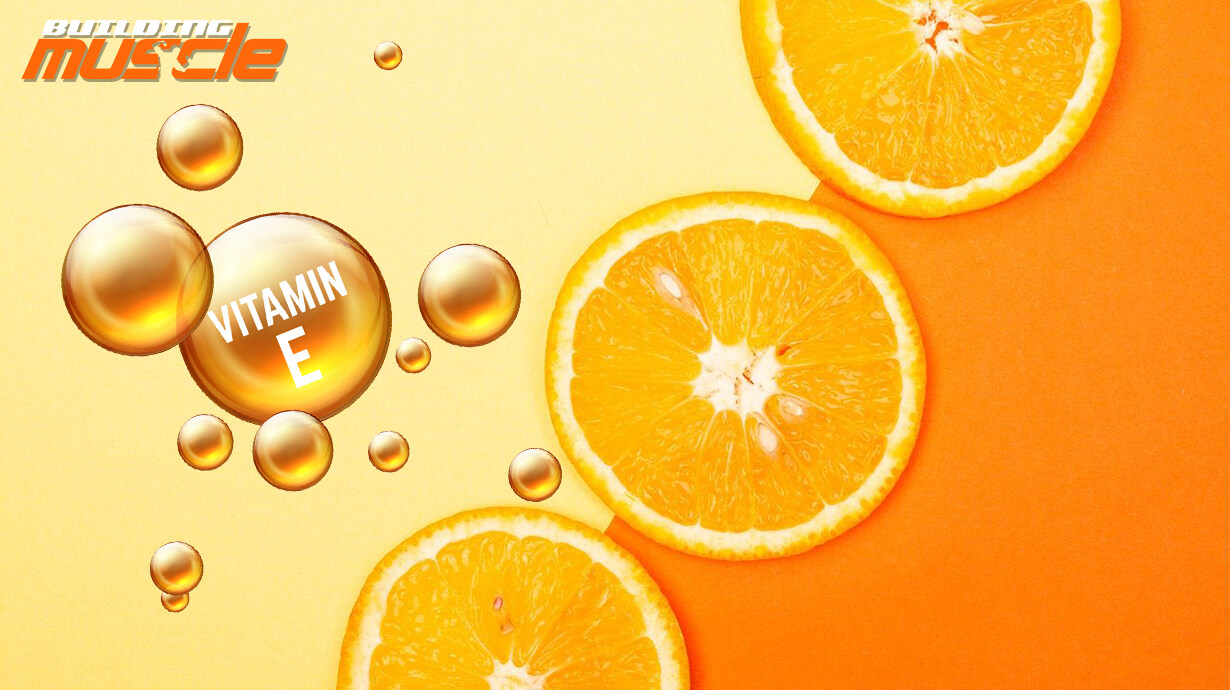
There are other sports nutrition supplements for muscle growth that athletes need. For example, Creatine as a dietary supplement is unrivaled. It can be rightly called the king of supplements. It can increase endurance and energy levels and affect protein synthesis. The second, so to speak, on the throne of supplements is Glutamine. Glutamine is good for your body’s immune system, it simply strengthens the defense mechanisms of your body.
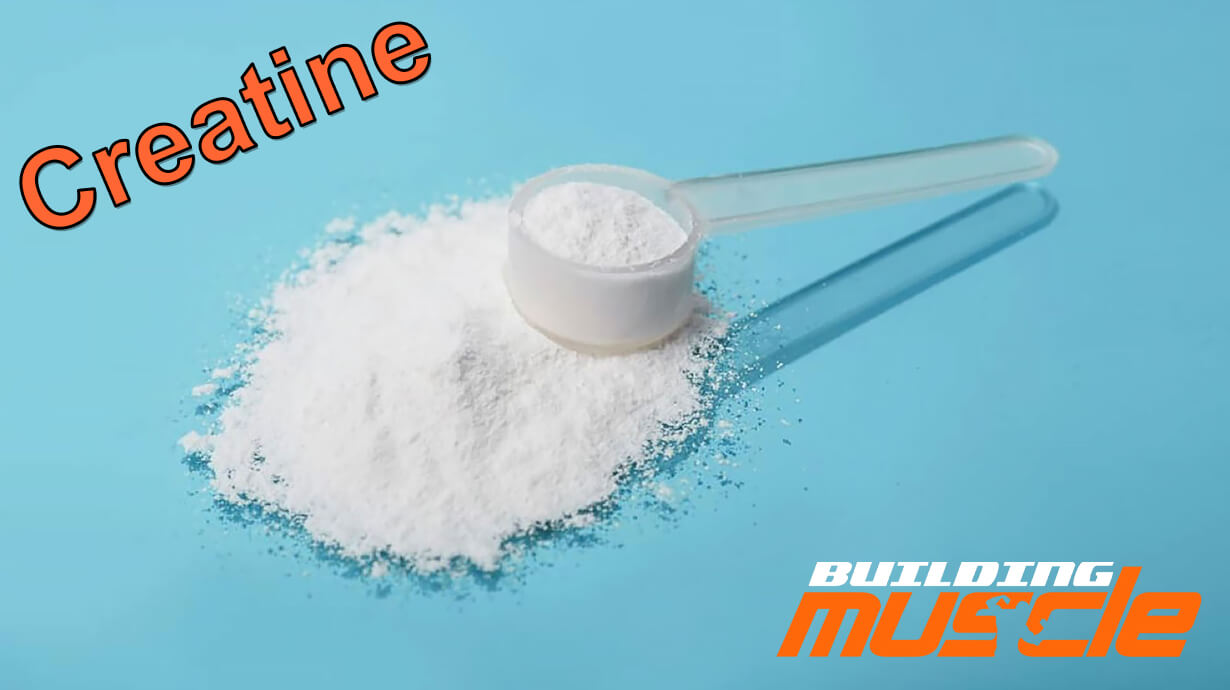
The best option is to take two supplements immediately after training, in combination with a carbohydrate-rich diet. Such sports nutrition for muscle relief, volume and weight, combined with the right and natural products, will give you an unprecedented rate of muscle growth and development. The optimal dose for these supplements is 3-6 g and 5-10 g of Creatine and Glutamine respectively.
Returning to the subject of nutrition, also do not forget about the role of water in the process of nourishing and restoring the body. Fact: You don’t drink enough water, you don’t grow in weight. Why is that?! Can’t you guess? Our body is made up of 75% water, and therefore it cannot grow without it. When dehydrated, cells shrink in size, which leads to their destruction, the same happens to muscle cells. As a result, the correct sports nutrition for muscles is also the use of fluids in the right amounts for the full development of the body.
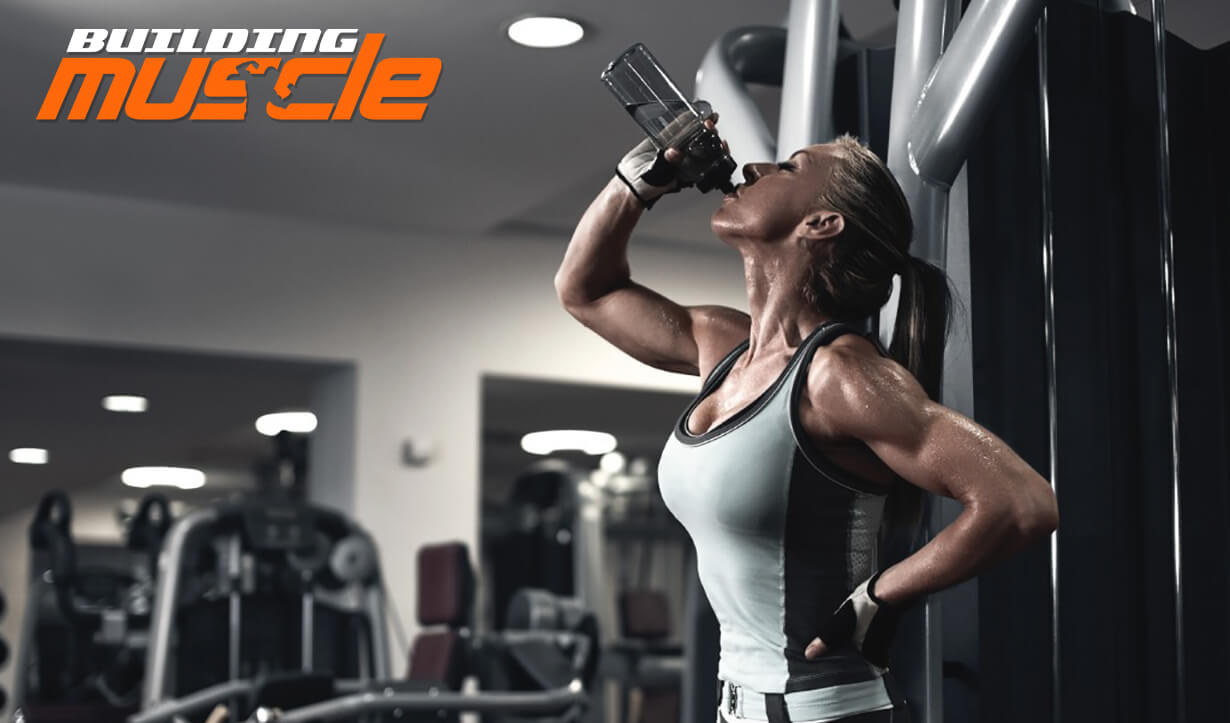
And, of course, the last item on the agenda is meat, the king on the table of the athlete. In terms of its useful properties, beef is no worse than mushrooms or lean chicken. Thus, lean or low-fat parts of beef contain about the same amount of cholesterol and fats as the above-mentioned products, but they have a lot more vitamins, such as vitamin B12. So eat different kinds of meat, but don’t overdo it, because an excess of even healthy substances can harm your body.
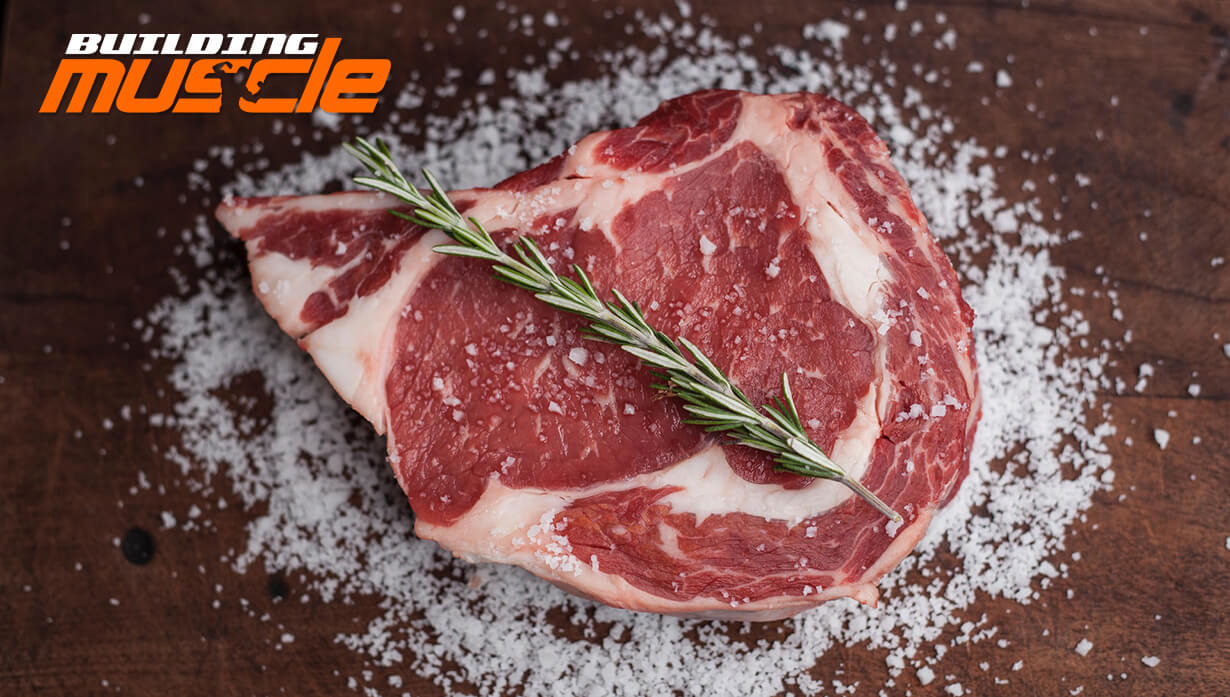

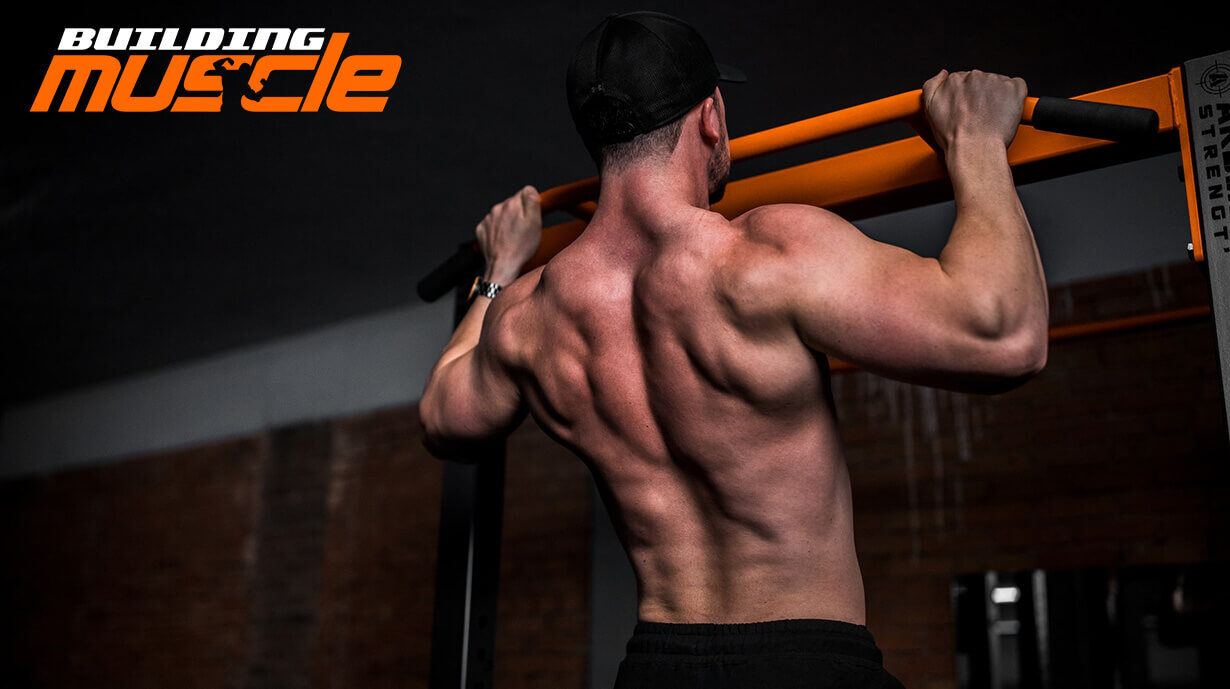

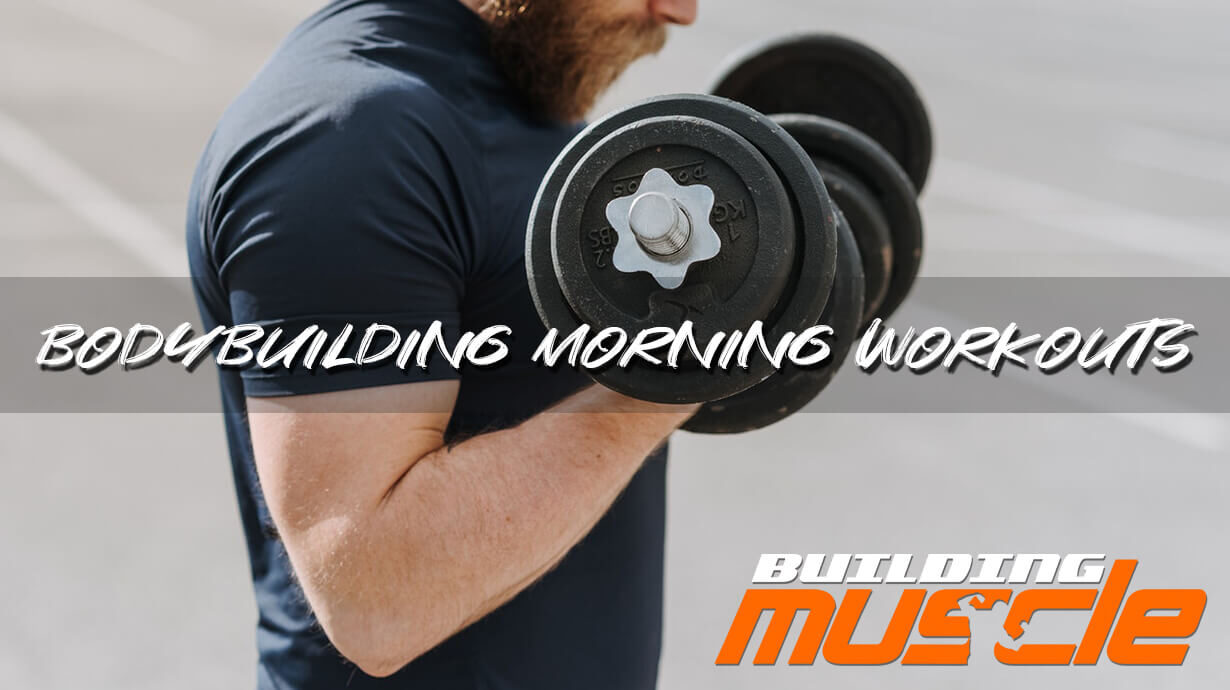

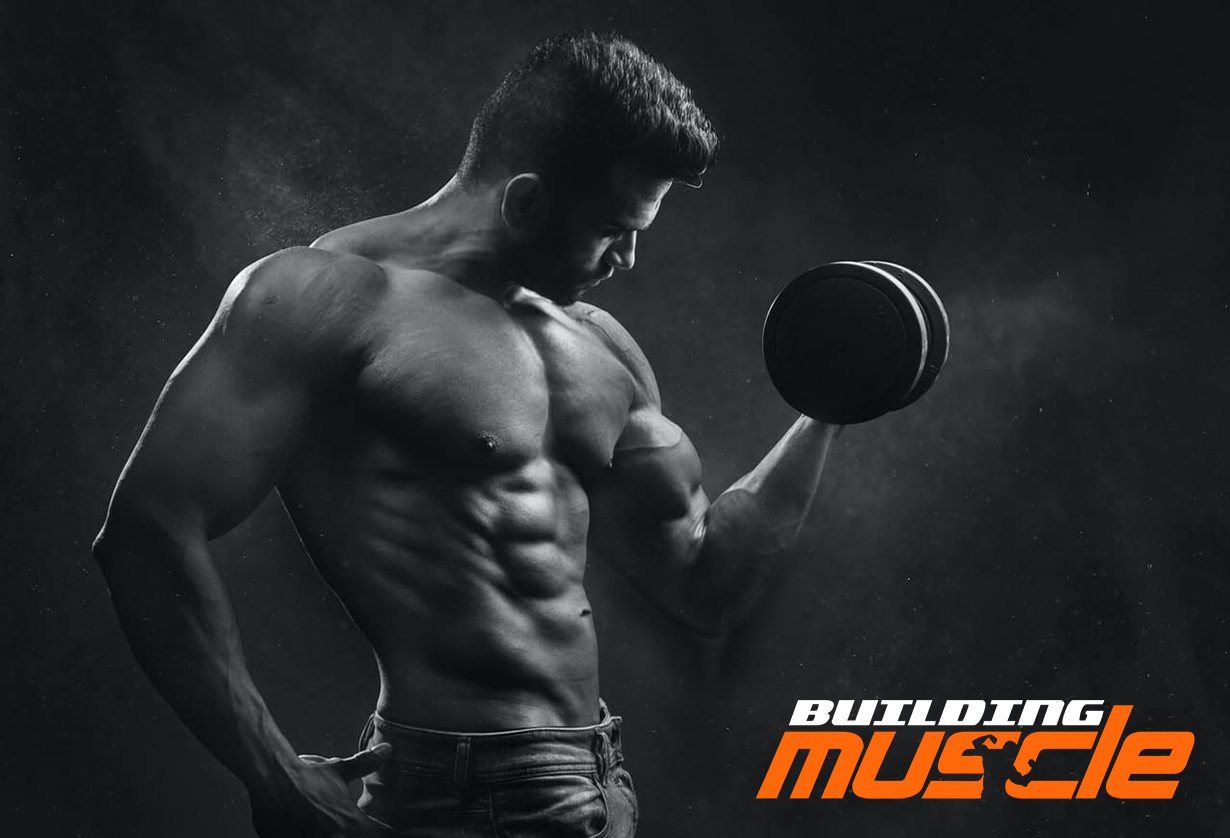
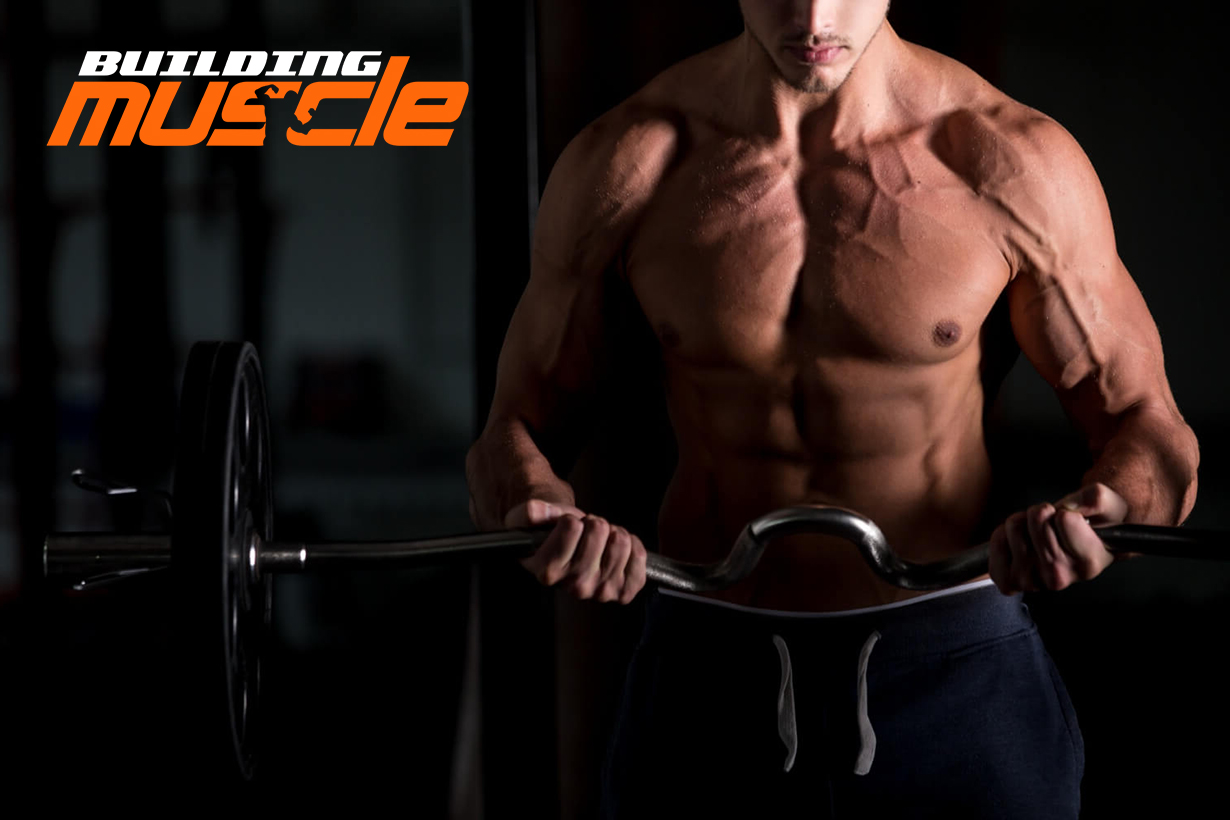
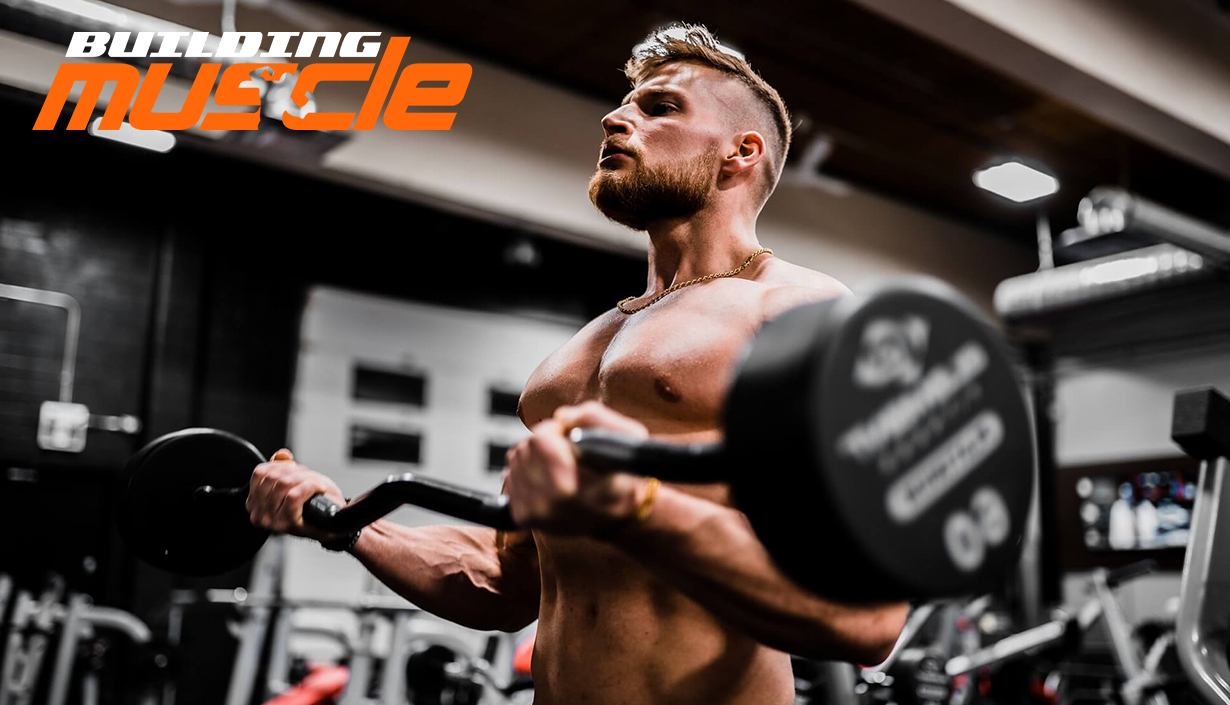


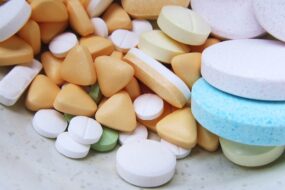
No Comments